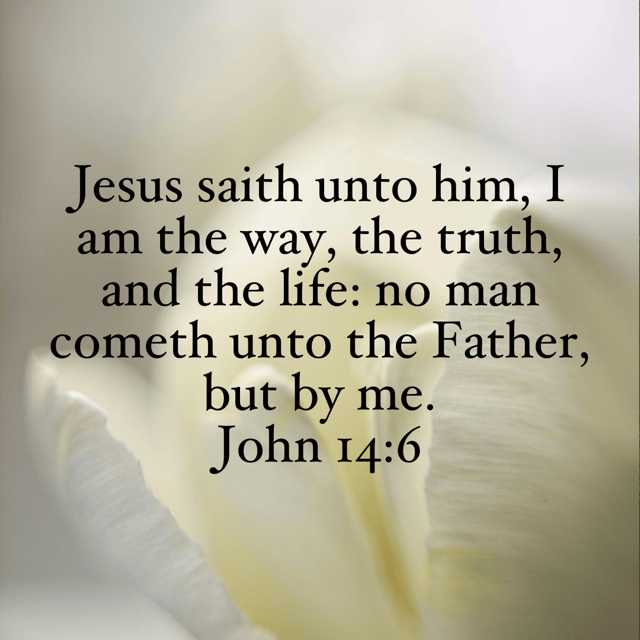I will share about Christian books I have read or listened to.
I will be sharing about my life before and after Christ. I will include stories about my pet and other pets I have encountered.
Loving Difficult People
Matthew 5-7 is often referred to as The Sermon on the Mount, which is a series of teachings that Jesus gives near the beginning of His ministry. Most of what Jesus talks about is not necessarily new teaching, but rather a reorientation of how the Jewish people understood the Old Testament laws.
The command to love your neighbor was a common one. It is easy to love people who are close to us. It’s also easy to love those who are similar to us, and even those who love us as well.
But Jesus’ command isn’t just to love those who are easy to love. Jesus says we should also love our enemies. We should love the people who are least deserving of our love.
He also says to pray for those who persecute us. This isn’t a prayer for them to stay away, but rather a prayer for their good. We should be praying for the salvation of those who intend us harm, asking that they would recognize their actions and turn to God.
There are two clear reasons why we should show love to our enemies:
-
This is how God treated us. When we were enemies of God, He still showed love to us. He gave us breath and life, and also sent Jesus to restore our relationship with Him.
-
Showing love to our enemies is a counter-cultural action that displays God’s love for them. Romans 12:20-21 tells us that when we love our enemies, we can overcome evil with good. Loving someone who is mean to us provides a way for God’s love to reach those who are far away.
Take a moment to consider some people in your life who are difficult to love. Begin by praying for them. Pray for their salvation if they’re not Christians, and pray for their wellbeing. Think of one or two ways you can show love to your enemies and share the hope of Jesus.
“Then all Israel gathered themselves to David unto Hebron, saying, Behold, we are thy bone and thy flesh. And moreover in time past, even when Saul was king, thou wast he that leddest out and broughtest in Israel: and the LORD thy God said unto thee, Thou shalt feed my people Israel, and thou shalt be ruler over my people Israel. Therefore came all the elders of Israel to the king to Hebron; and David made a covenant with them in Hebron before the LORD; and they anointed David king over Israel, according to the word of the LORD by Samuel. And David and all Israel went to Jerusalem, which is Jebus; where the Jebusites were, the inhabitants of the land. And the inhabitants of Jebus said to David, Thou shalt not come hither. Nevertheless David took the castle of Zion, which is the city of David. And David said, Whosoever smiteth the Jebusites first shall be chief and captain. So Joab the son of Zeruiah went first up, and was chief. And David dwelt in the castle; therefore they called it ...
















